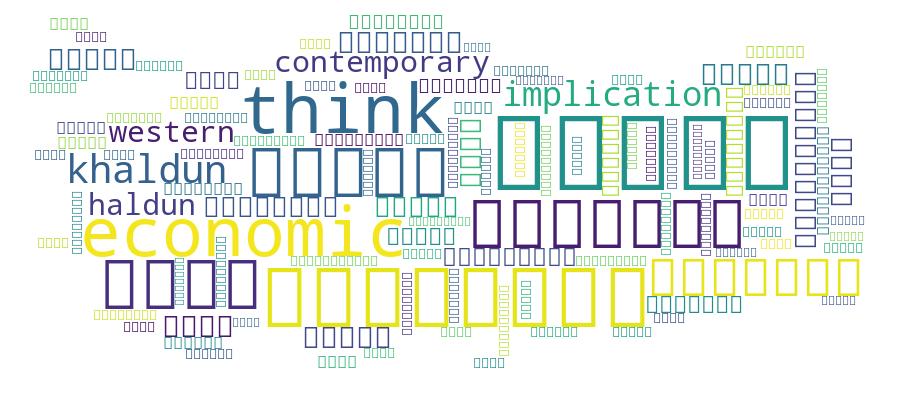Al Chıkh Alı, Samir
Loading...

Profile URL
Name Variants
Job Title
Prof. Dr.
Email Address
Main Affiliation
Department of Sociology / Sosyoloji Bölümü
Status
Current Staff
Website
ORCID ID
Scopus Author ID
Turkish CoHE Profile ID
Google Scholar ID
WoS Researcher ID
Sustainable Development Goals
SDG data is not available

This researcher does not have a Scopus ID.

This researcher does not have a WoS ID.

Scholarly Output
1
Articles
1
Views / Downloads
7/175
Supervised MSc Theses
0
Supervised PhD Theses
0
WoS Citation Count
0
Scopus Citation Count
0
WoS h-index
0
Scopus h-index
0
Patents
0
Projects
0
WoS Citations per Publication
0.00
Scopus Citations per Publication
0.00
Open Access Source
1
Supervised Theses
0
Google Analytics Visitor Traffic
| Journal | Count |
|---|---|
| REMAK International Journal of Humanities and Social Sciences | 1 |
Current Page: 1 / 1
Competency Cloud

